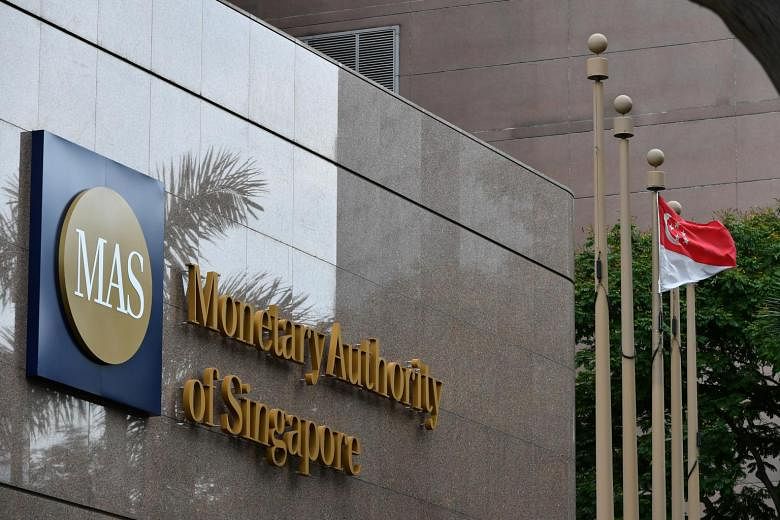The strict capital and liquidity requirements banks must maintain to ensure their stability are being relaxed a little to give the financial industry more breathing room amid the coronavirus outbreak.
The new rules will allow lenders to recognise more of their regulatory loss allowance reserves as capital in order to enhance their capacity to lend.
The measure will stay in place until Sept 30 next year but may be extended if necessary, the Monetary Authority of Singapore (MAS) said yesterday.
The move follows some European and Asian regulators, which have recently allowed banks to tap their capital reserves and boost lending.
The MAS said it will encourage banks to utilise their capital buffers to meet the borrowing needs of customers.
This level of enhanced bank lending involves the MAS adjusting the Net Stable Funding Ratio requirement.
The amount of stable funding that banks must maintain for loans to individuals and businesses that are maturing in less than six months will be cut from 50 per cent to 25 per cent.
Under current rules, if a bank lends $100,000 to a client on a six-month tenure, the bank must have $50,000 of stable funds, such as its own capital or longer-term deposits. This will now drop to $25,000.
"Banks in Singapore can afford to do this because they have managed their businesses prudently and have built up healthy capital buffers over the years," the MAS said.
"Our banks have sufficient capital to see them through the current economic slump while continuing to supply credit to the economy to support businesses and individuals."
However, it warned that the relaxation of capital buffers should not be used by banks to finance share buybacks during this period.
"Sustaining lending activities should take priority over discretionary distributions," the MAS said, adding that it does not see a need to restrict bank dividend policies.
While the MAS expects financial institutions to assess a borrower's risk of default comprehensively, they should take into account the mitigating effects of relief measures and the borrower's ability to make full repayment based on the revised loan terms as well as its credit-worthiness in the long term.
The MAS will also defer by one year the implementation of the final set of Basel III reforms for banks in Singapore.
The deferment is in line with the recent announcement by the Basel Committee on Banking Supervision to delay the internationally agreed start date for the revised standards.
Ovais Subhani
Correction note: This article has been edited for accuracy.


